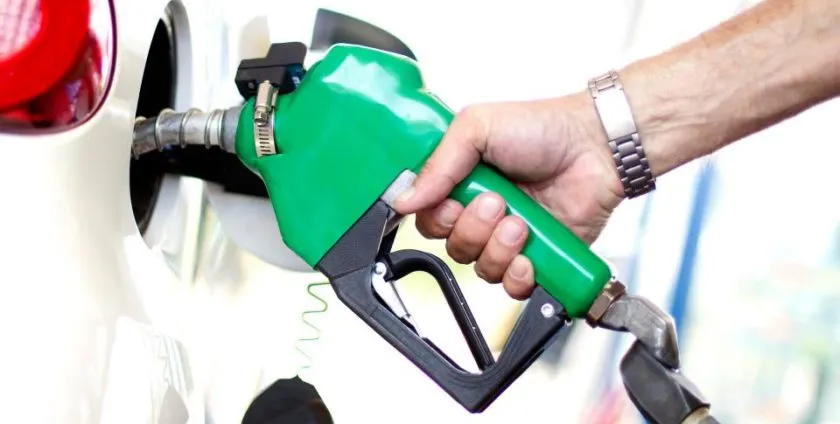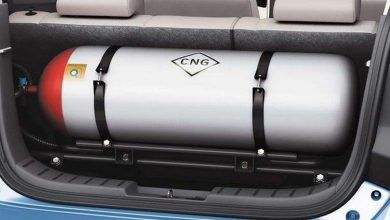
Nigeria has reaffirmed its leadership role in Africa’s energy landscape, calling for stronger regional cooperation to eliminate the continent’s dependency on petroleum imports, which currently exceed $120 billion annually.
Speaking at the Africa Oil Week 2025 Ministerial and CEO Leadership Forum in Accra, Ghana, Nigeria’s Minister of State for Petroleum Resources (Oil), Heineken Lokpobiri, said that integration across African nations was crucial to achieving long-term energy security and ending chronic energy poverty.
In a statement issued on Tuesday by his media aide, Nneamaka Okafor, the minister said that the creation of shared infrastructure, harmonised industry standards, and the mobilisation of regional technical expertise would position Africa to secure its own energy future.
“Integration remains the most effective strategy to end Africa’s energy poverty,” Lokpobiri was quoted as saying. “We are losing over $120 billion every year through fuel imports this is capital flight. That money should stay within Africa and be used to support our development goals.”
Nigeria Unveils Regional Refined Products Plan
Lokpobiri also revealed that Nigeria is leading the charge on establishing a West African Reference Market, a proposed regional supply hub that will leverage Nigeria’s growing domestic refining capacity to meet petroleum product demand across West Africa and potentially beyond.
The move aligns with Nigeria’s broader goal of retaining value within the continent, as the country seeks to reduce its own import bill and stimulate economic growth by becoming a net exporter of refined petroleum products.
“Africa’s issue isn’t a lack of capital,” Lokpobiri said. “The real problem is fragmented regulations that discourage investors. We need harmonised rules to build investor confidence. Stability and predictability are essential.”
Addressing global climate obligations, Lokpobiri pushed back against suggestions that Africa is being forced to abandon its hydrocarbon resources under the Paris Agreement, stressing that the continent must pursue an energy transition on its own terms.
“Africa contributes just 3% to global CO₂ emissions. We cannot be expected to lead a transition when we don’t even have adequate energy access. Our focus must be on responsible utilisation of our resources to power inclusive growth.”
Nigeria’s Petrol Import Bill Crosses N4 Trillion in First Half of 2025
Backing Lokpobiri’s concerns with recent trade data, figures from the National Bureau of Statistics (NBS) show that Nigeria spent ₦2.3 trillion on petrol imports in the second quarter of 2025, following ₦1.76 trillion in Q1. That brings total petrol import costs for the first half of the year to ₦4.06 trillion.
During the second quarter, petrol ranked among Nigeria’s top five imported items, alongside durum wheat, gas oil, crude petroleum oils, and refined cane sugar.
Lokpobiri said these figures underscore the urgency of reducing dependency on external fuel sources and accelerating domestic refining efforts.
“Africa has the population, the resources, and the market,” he said. “What we now need is a united vision to retain value and finance our own energy destiny.”





